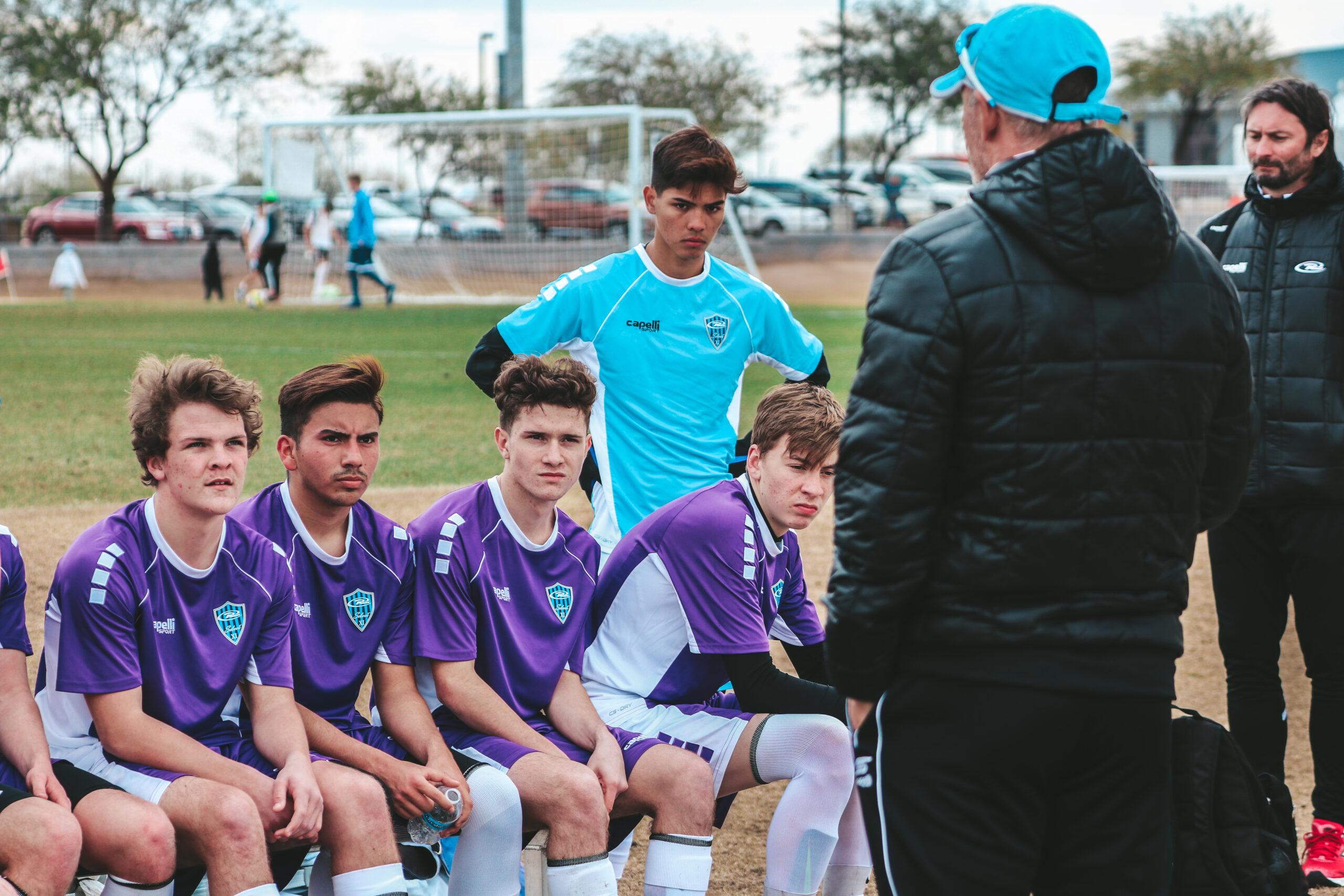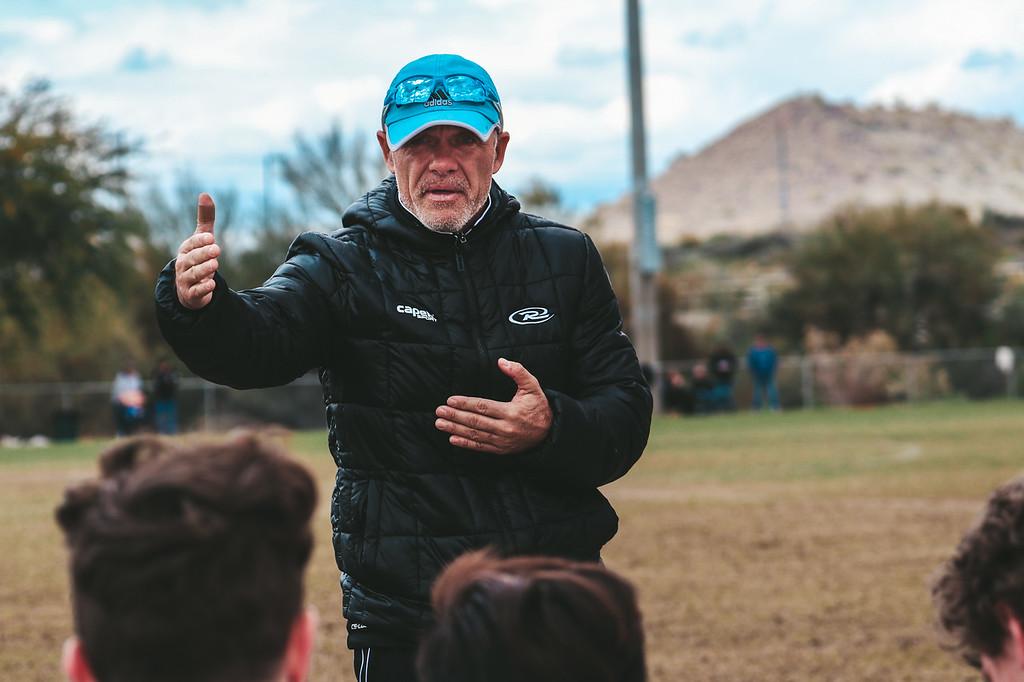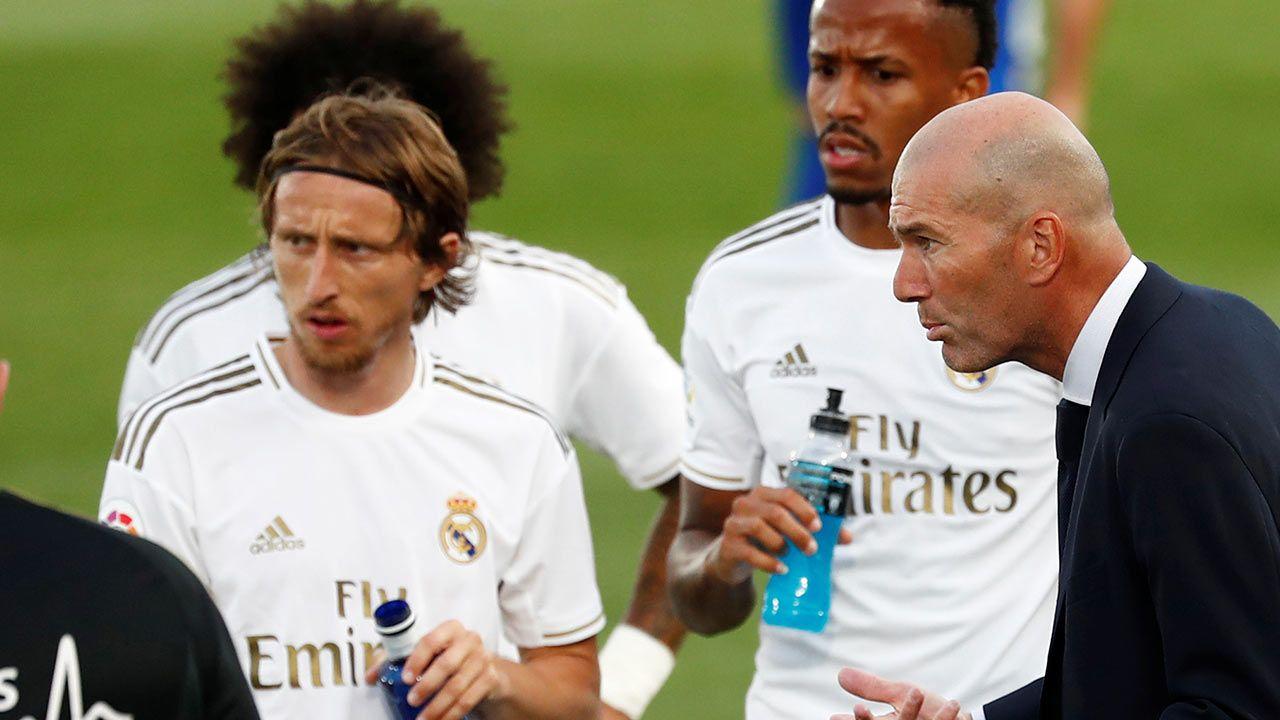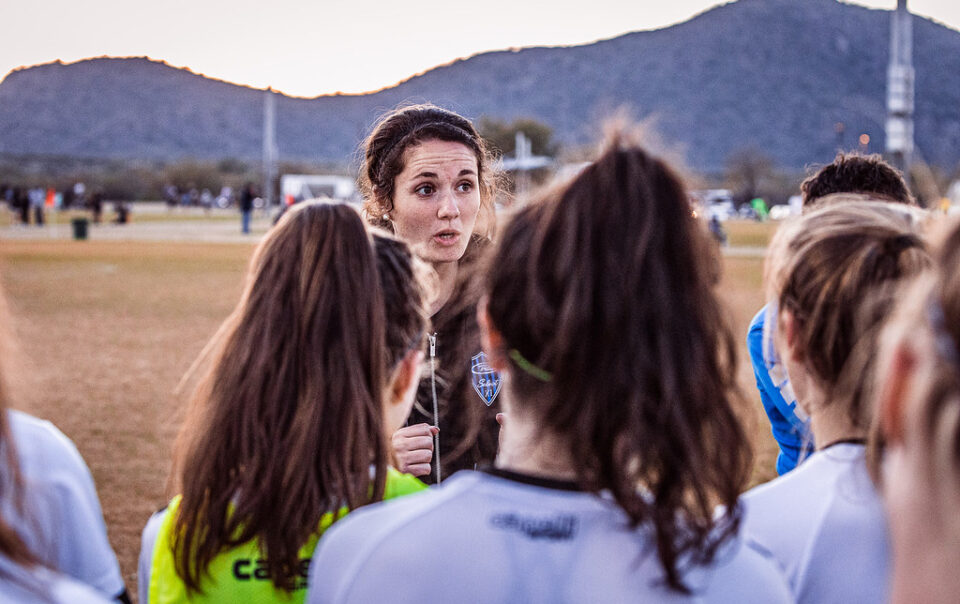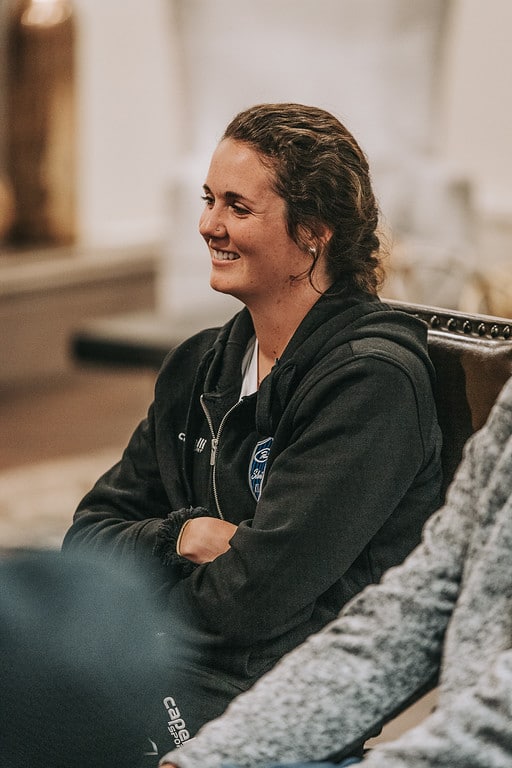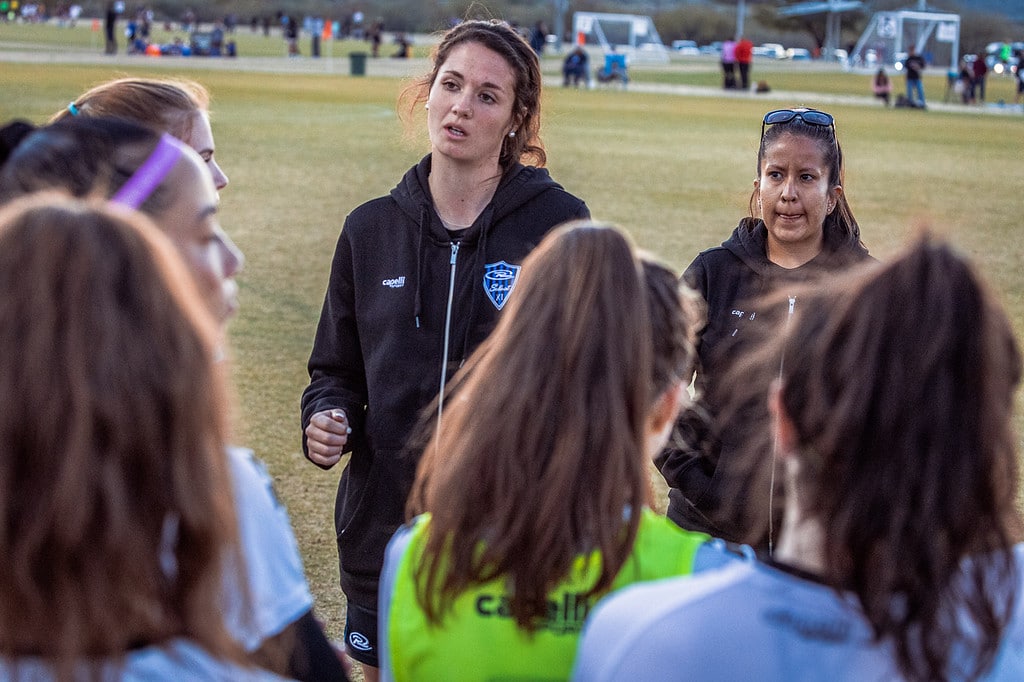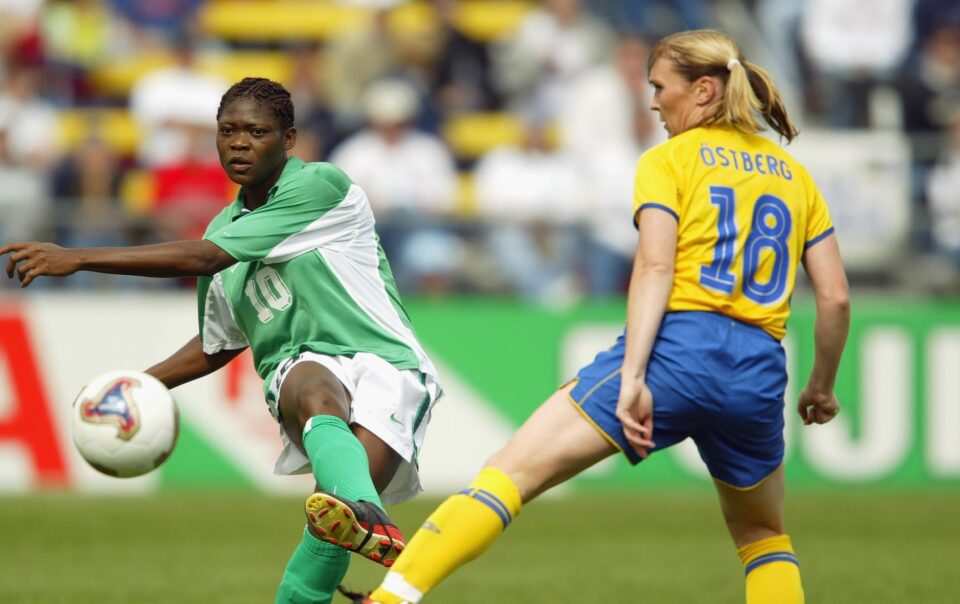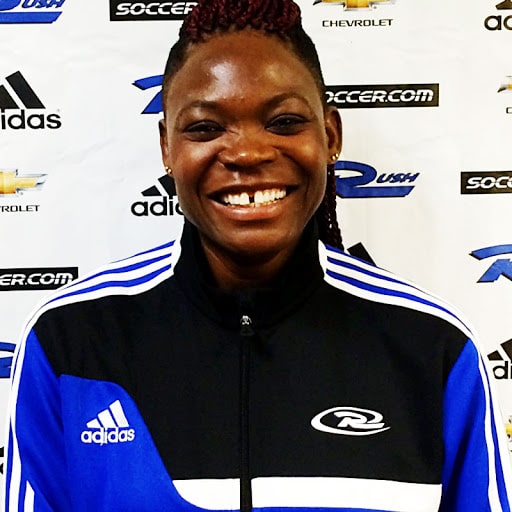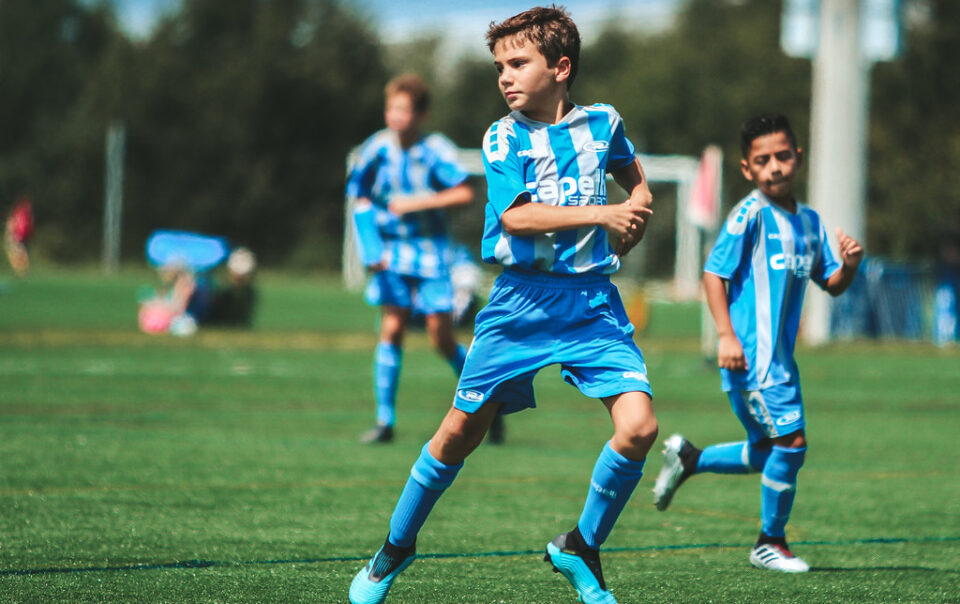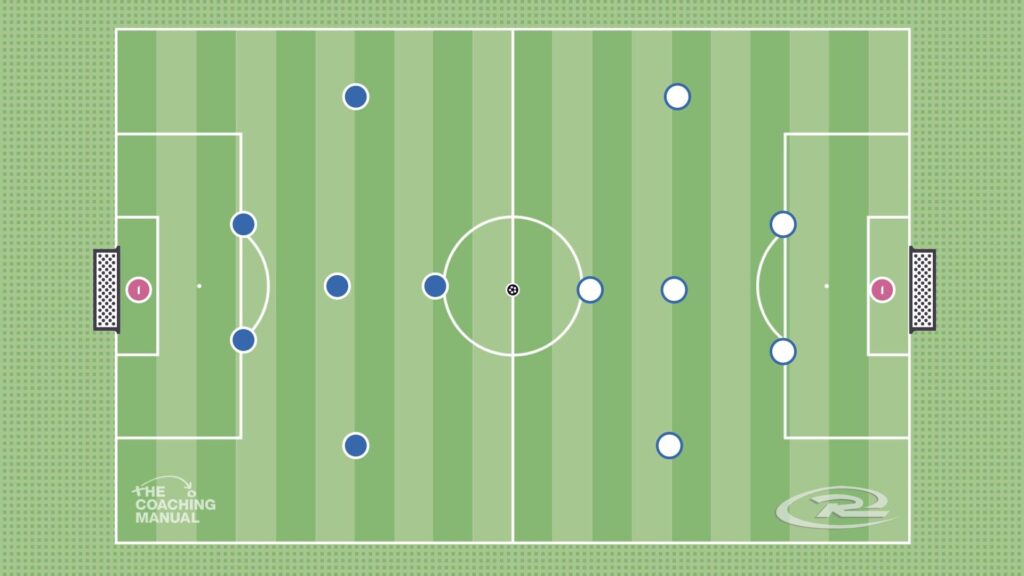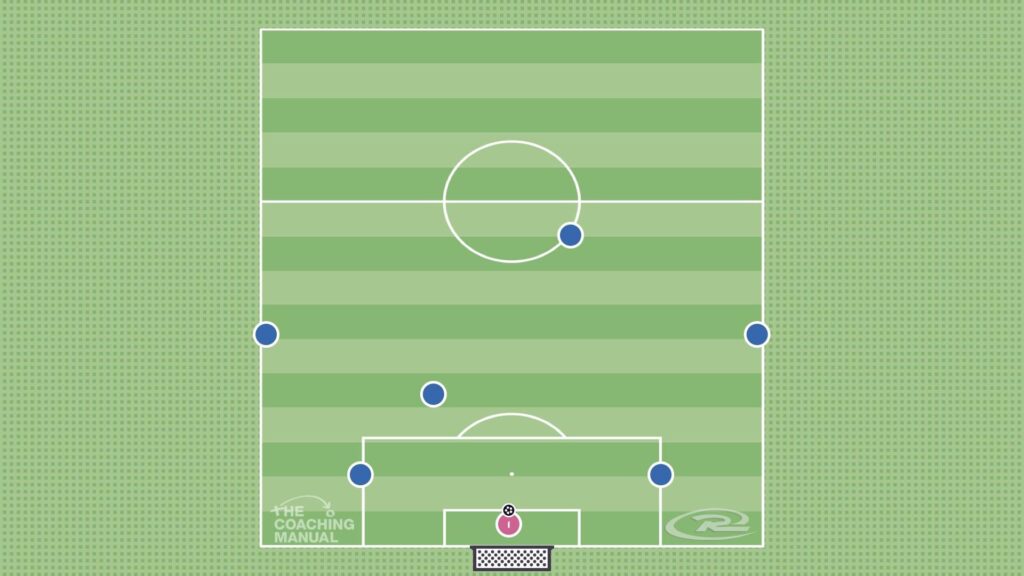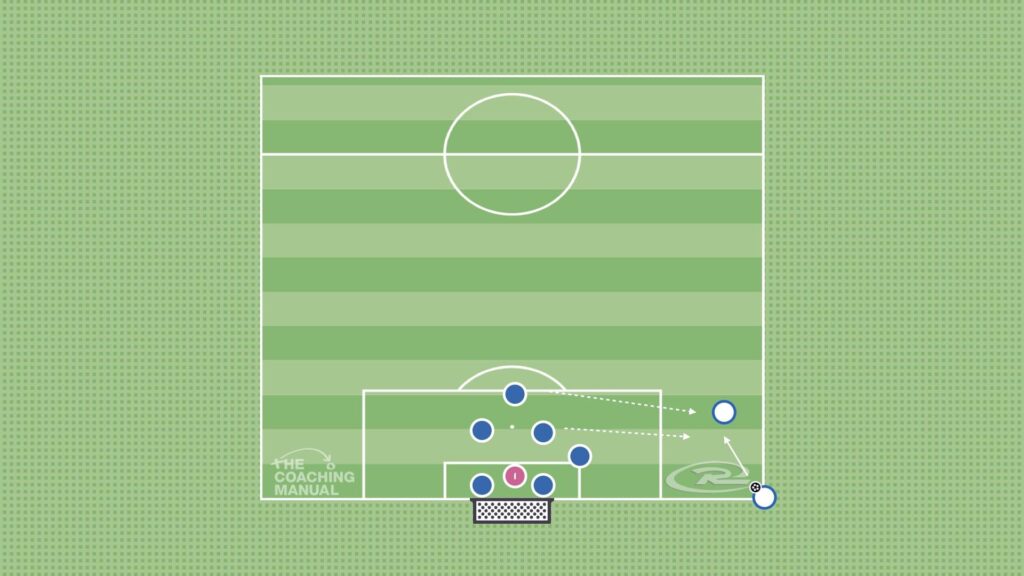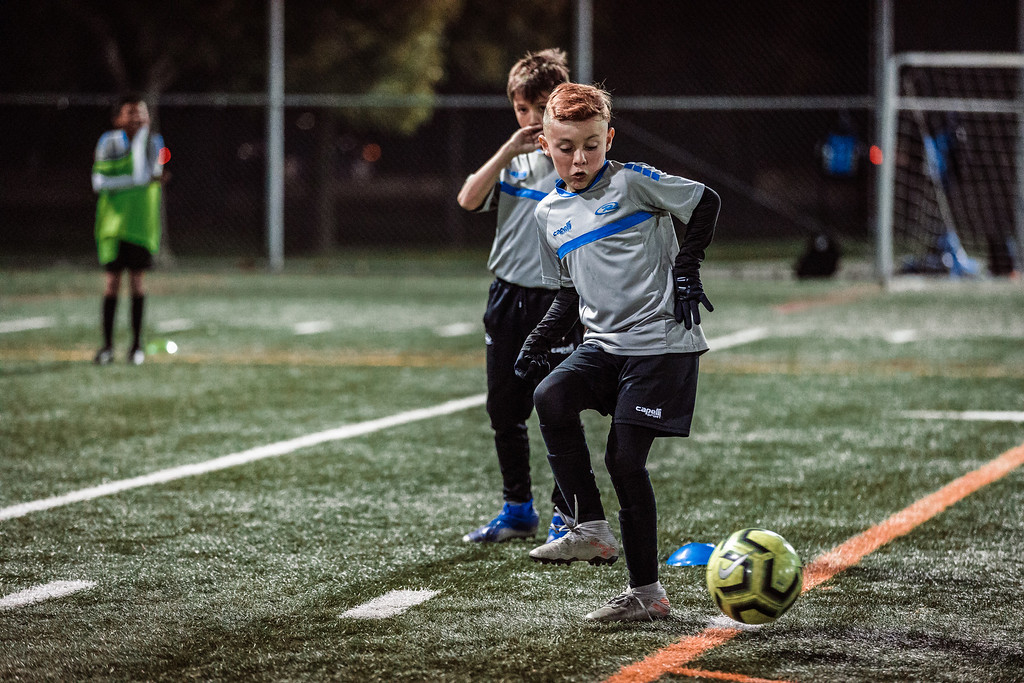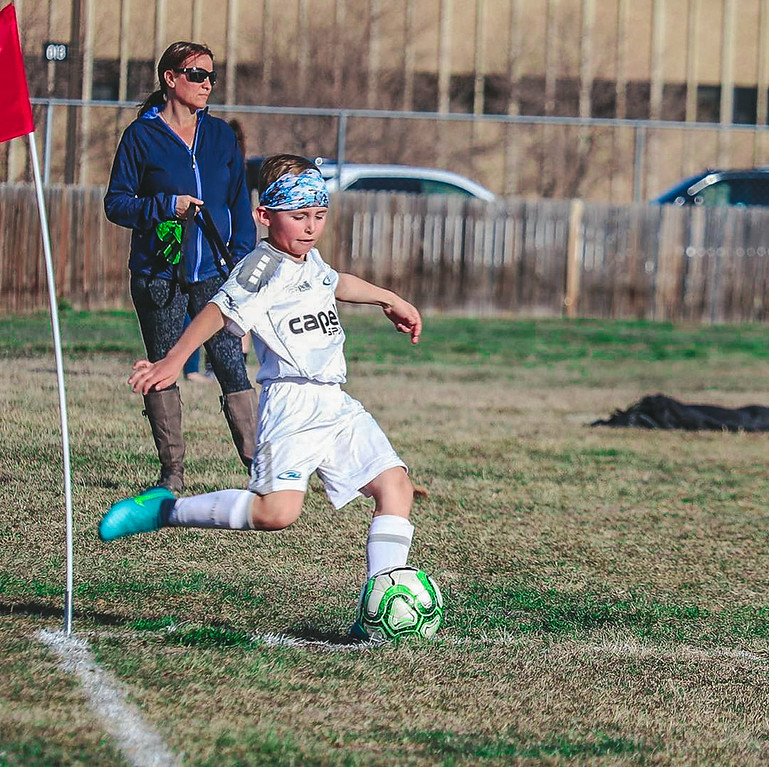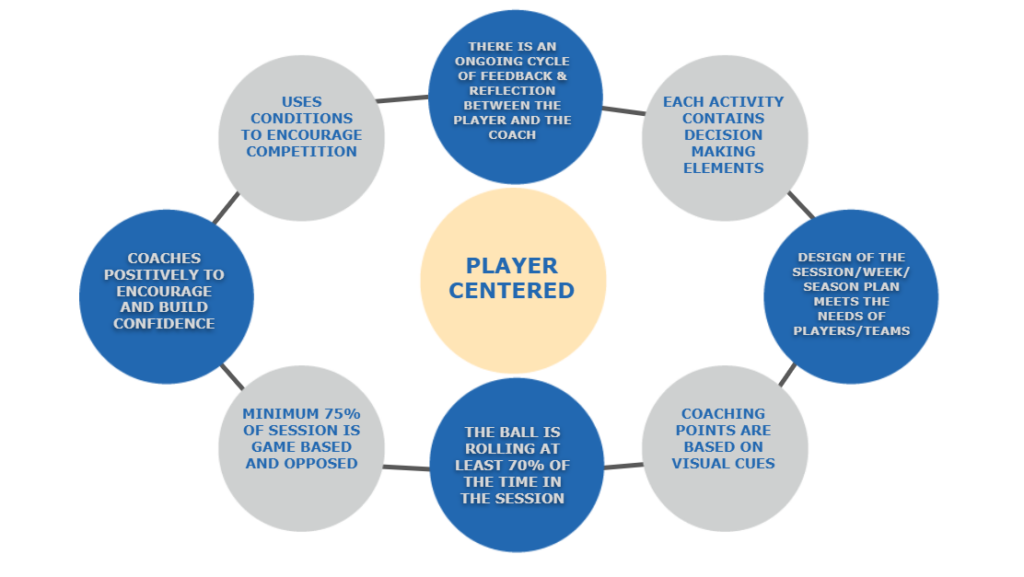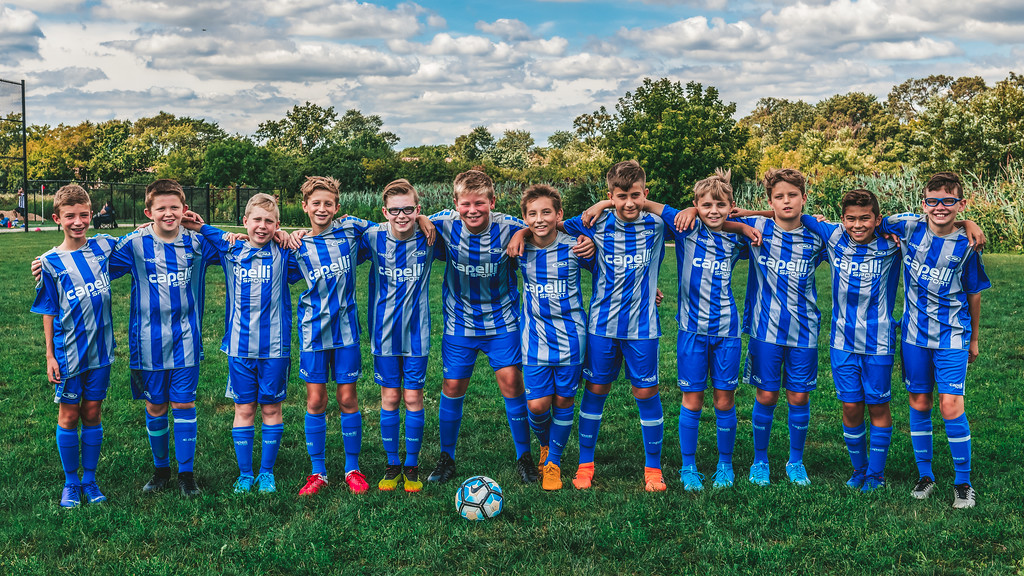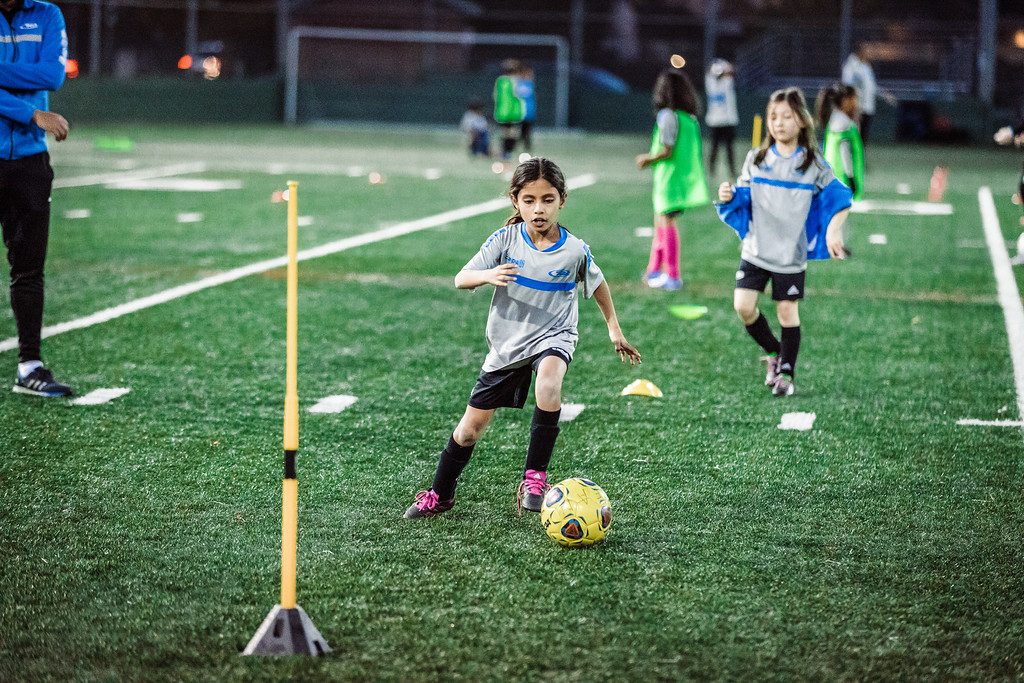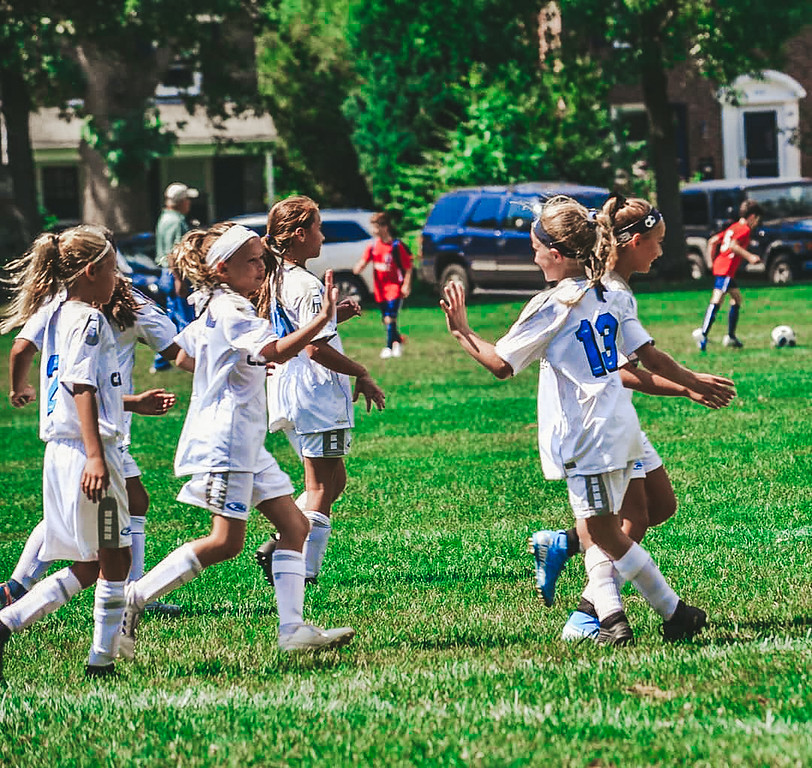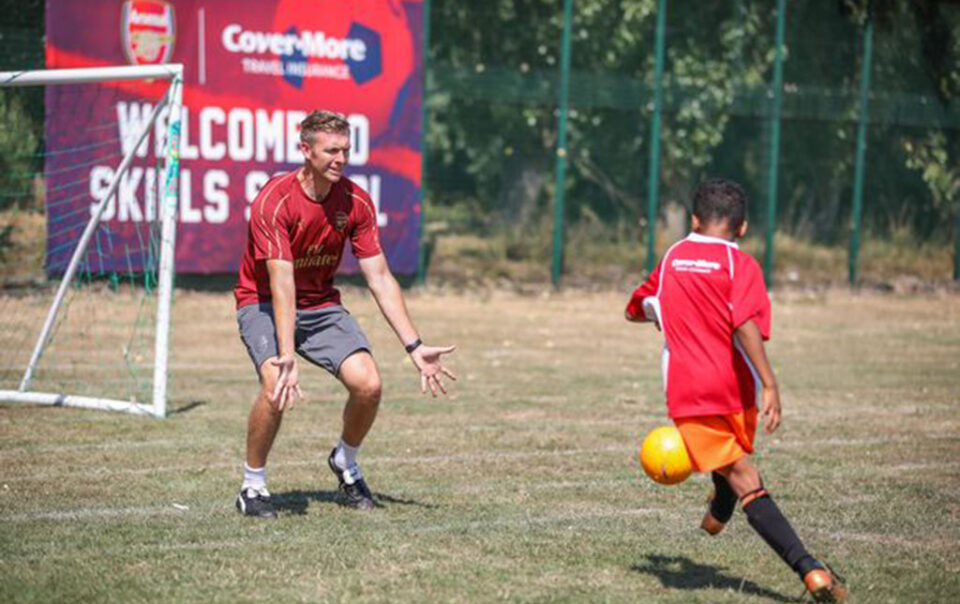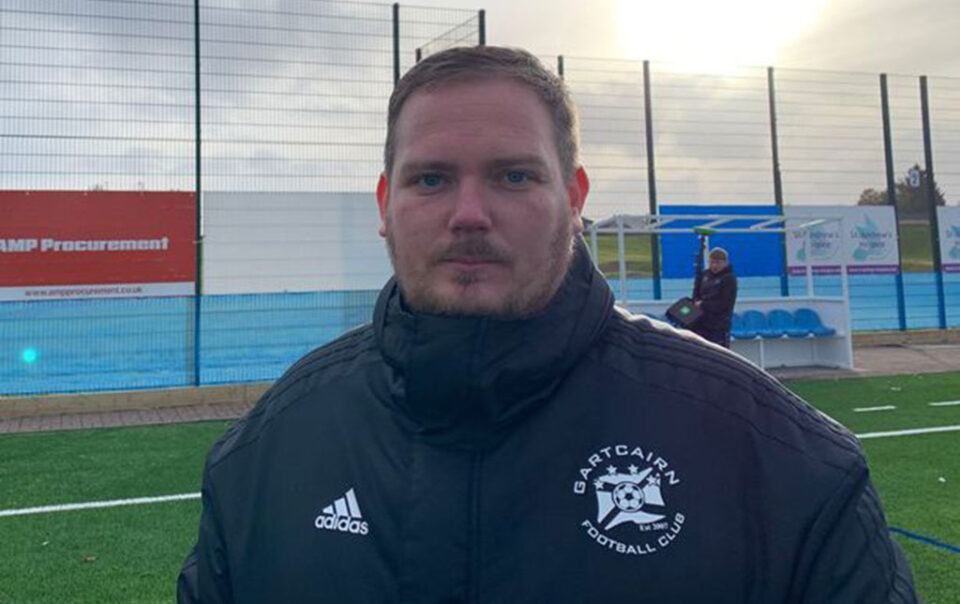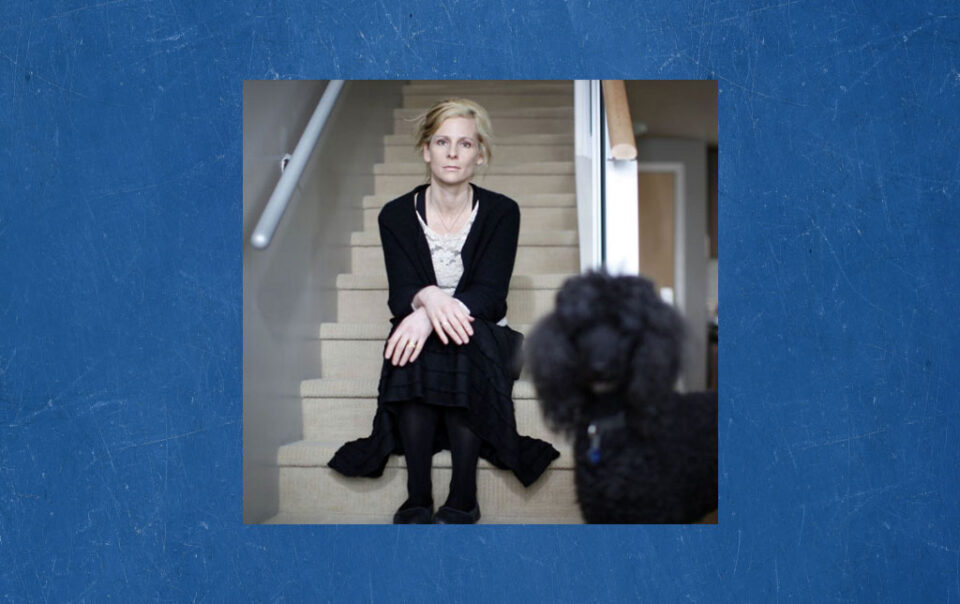This article is based on a podcast interview recorded for The Rush Podcast Network, in which Pablo Toledo, Coach Development Director, speaks to Arian Hoxha, Hawaii Rush Technical Director, National Technical Director, and one of the best known, experienced, and most appreciated coaches within Rush Soccer.
Born in Albania, Arian Hoxha grew up his love for the beautiful game like many others do in foreign countries: playing restlessly on the streets with his childhood friends. His youth career got interrupted by the sociopolitical conflicts the country went through at the time. He immigrated to the US in the 90’s, where he studied a not so common at the time Master’s in Coaching. Once a rival of the club, he joined Colorado Rush years before Rush Soccer was actually founded. Life, destiny, luck (or a bit of all of these) took him to Hawaii Rush fourteen years ago and since then, he managed to build a fantastic and ever growing club: “In 2006, when I moved here, the club was having a tough time, they went from 350 players to 190. Last year’s number was somewhere around 760 here in Hawaii, and that doesn’t include the other islands, which would add up to over a thousand”.
Today, Hawaii Rush is recognized as one of Rush’s top clubs in producing high performing players. Sunshine Fontes (U17 USWNT) or Shandon Hopeau (Seattle Sounders) are just two of the club’s many top level alumni.
– What is your coaching philosophy or the cornerstones of your coaching approach?
“I don’t know if I can talk about a philosophy, but I can mention important aspects.
One of them is that I believe that the way that we communicate and demonstrate our understanding of the game is key. You need to be consistent along their development, so the player reaches a U16 or U17 division and when the coach explains a topic he/she is familiar with it already, he/she has heard that for years now.
Another important aspect to me is the attention to details. Details matter and as a coach you need to know these. This is important because for a kid to perform a skill, you can’t just ask them to do it and expect them to do it right and ultimately prevail in a game. You have to provide those details, that environment. If their pass is not good enough, or their body shape is wrong, it needs to be brought up”, explained Arian.
“I also think the way we deliver feedback is instrumental. You can’t get in front of players and talk general, especially when negative: ‘you didn’t play well’ or ‘you didn’t try hard’… That’s not feedback, that’s just you reinforcing that they failed. You’re not helping them. It just separates you as a leader from them, so down the road they’ll start not wanting to hear your feedback anymore but being afraid of it. You are damaging the relationship” – he added – “And I’ll relate it back to the way we teach and explain a concept during training. If your coaching was rich in details and consistent, they will feel less pressure and mental anxiety in moments like half time or before the game starts, and you’ll be able to help them by talking specifically about what’s working and what’s not, and they’ll relate to it”.
– Arian, Hawaii Rush has a well deserved reputation for producing players. What’s the secret?
“On the developing part, I think it comes down to experience and to years of consistency. We created a curriculum. We put some expectations for our players during the years. It’s a moving target, we don’t say ‘here’s the book, follow it’, but it serves as a guide. This and the fact that we hire people that really buy in to what we are doing. If you look at the turnover in our club, is really low, and even when somebody leaves, we still have a strong core so we are able to sustain the structure and the approach. That’s very important.
The other factor is about mentality. When you play on an island like us and you are at the top, who do you compete against? Our mentality is to compete against yourself. It means that you are your best opponent. The players do not compare themselves with other clubs. With that mentality, many of them end up being very strong in regards training, competitions, how ambitions get built up. It becomes this healthy environment where everyone looks for each other. I have to give a lot of credit to the local kids in that sense, because they come to the club with that desire, that push.”
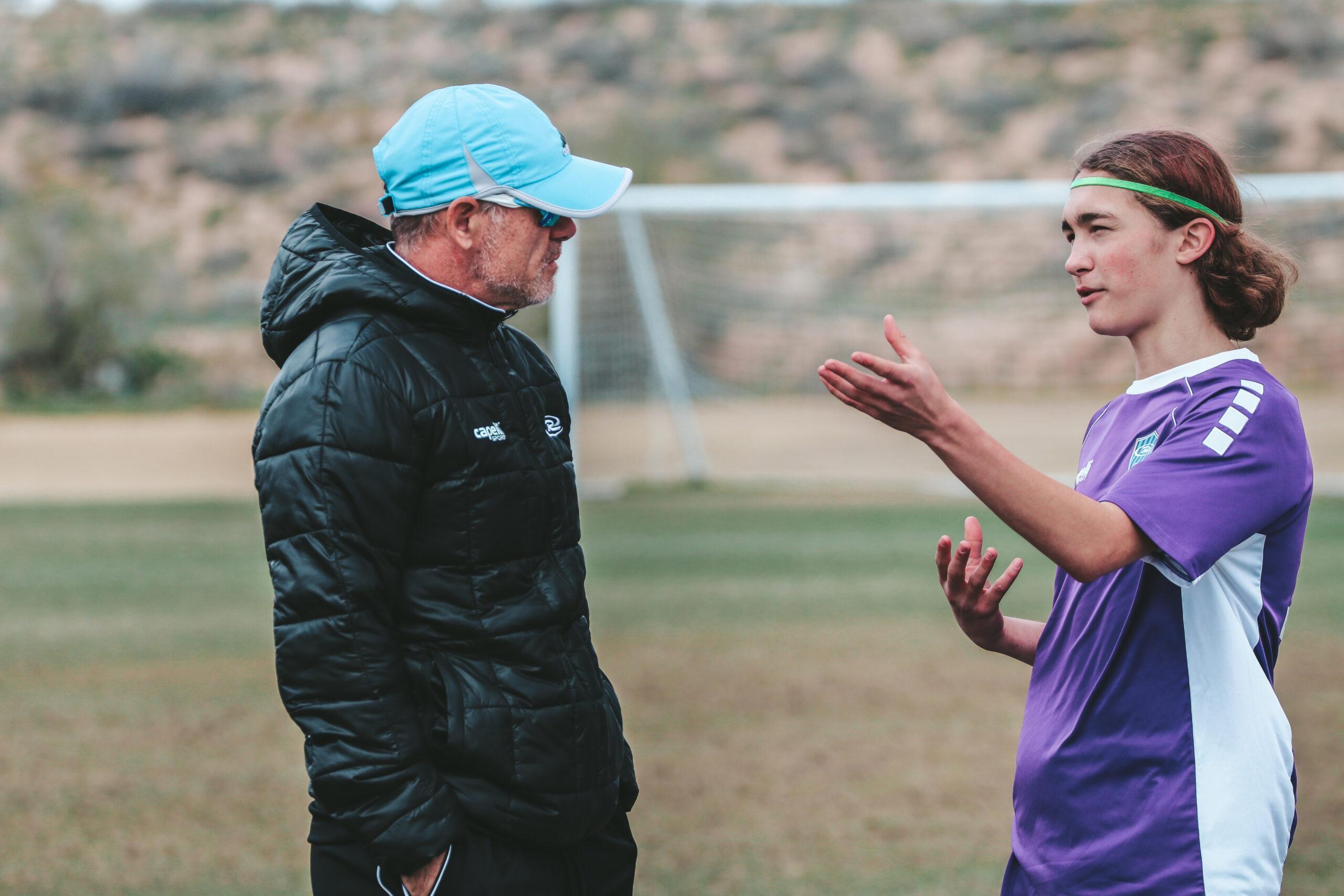
– If you took a new club tomorrow or give advice to somebody that’s starting a club, what would be the first thing you would recommend?
“Bringing the staff under the same philosophy, standards and expectations about how to execute the plan. Then the plan would be whether is grow or quality or both. I feel comfortable with both. They go hand in hand. If you do one well, the other will follow. Then, obviously you have to take into consideration where you are, the demographics, the capabilities, the numbers, how much room for growth, what kind of growth. In any circumstance, there is room enough to achieve a situation where your club is ran smoothly, and creates a good environment for learning.
Again, your staff is key. Like we spoke before, when I started I felt the need to be consistent for many years, so I tried to make sure that those people that participated for the grow of the club were in for the long term. I always make sure that the staff makes decision together, it’s always a discussion. The planning and the discussing of issues has always been a staff approach. Whatever we are doing, we are all doing it”
– What would you advise young aspiring coaches that are trying to further their careers?
“My advice would be don’t cut corners. Don’t for a moment think that just because you played or know the game, you can just fit in for everything and go on with it. So, as a young coach, you are going to find yourself not coaching at the highest level, unless you are lucky. Sometimes young coaches lose sight of the fact that there are steps, there is experience, time, sacrificing, a lot of hours of work. They just want to get to the top quickly and be recognized. The moment that a young coach understands that, then I think they have a chance. With patience and sacrifice, I think they can make it. There’s nothing to stop them.
In terms of learning, some aspects of the game can be taught by watching TV or by reading a book, but at the end of the day, it’s not the material that you are reading or watching what helps you to become a better coach, it is your ability to break that down and assimilate it and then later implement it. Quantify it too, so that now you are not only teaching it, but you are also able to give feedback based on the standard you set up.
– What does Rush Soccer mean in your life?
“Loyalty on the game is a key, so just the fact that all these years that I spent in this club, made it very special to me. I can’t see myself outside to Rush. This is my home, the place I feel comfortable and that will never change”.
Thank you Arian!
